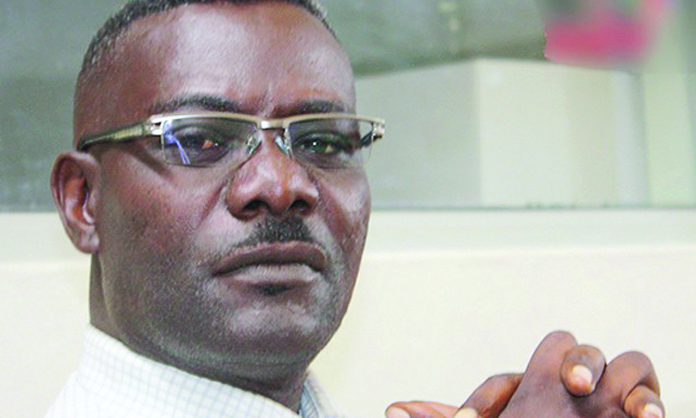Industry experts have welcomed the introduction of a national minimum wage, but cautioned that the set amount of N$18 per hour would not be enough to achieve a living wage for many workers.
Labour researcher and analyst Herbert Jauch says a national minimum wage was long overdue, but is still below the living wage.
“The national minimum wage of N$18 per hour would certainly be a relief for many workers who are currently paid starvation wages,” he says.
He, however, says: “This is certainly still far below the living wage envisaged in the Namibian Constitution.”
Namibia’s labour market still suffers low wages and exploitative practices rooted in colonial economic structures, Jauch says.
“Although some employers will be quick to criticise the proposed minimum wage as unaffordable and may even threaten with retrenchments, the introduction of a national minimum wage is long overdue,” he says.
Jauch raises concerns about policy enforcement, noting that many employers ignore sectoral minimum wages.
“There will be employers who will simply ignore the national minimum wage and continue paying starvation wages,” he says.
The labour expert is calling for stronger trade unions and a more robust labour inspectorate to ensure compliance.
Economist Omu Kakujaha-Matundu says employers who cite sustainability concerns should provide evidence.
“If employers are honest about sustainability concerns, let them come out and show evidence to that effect.
Otherwise, it will be the age-old argument used by the exploiters of the most vulnerable groups in our society,” he says.
Kakujaha-Matundu says the minimum wage of N$18 per hour remains a starvation wage and expresses concerns about the implementation and enforcement of this policy.
He challenges the notion that the slight wage increase would significantly benefit low-income workers.
“I am not sure which labourer is happy with this slight improvement in the low-income group level wages,” he says.
“From what I have read, employees and organised labour are saying half a loaf is better than no bread at all.”
Economist Josef Sheehama emphasises the broader economic benefits of paying a living wage.
“When a living wage is paid, workers gain, since poverty rates would decline and economic output would rise. N$18 per hour is a fair hourly wage,” he says.
Sheehama highlights the need for oversight to prevent wage reductions and ensure adherence to the policy.
“Ensuring adherence to the policy and preventing wage reductions for workers who earn more than the minimum wage will require oversight,” he says.
Sheehama calls for oversight to ensure employers adhere to the new minimum wage and do not reduce the wages of those already earning more.
“Employers should view a rise in the minimum wage as a way to encourage high productivity among their workforce, rather than as a reason to reduce staff or fire workers,” he says.
Sheehama proposes that employers collaborate with the Namibia Revenue Agency to find solutions that would protect the workforce and mitigate unemployment.
Stay informed with The Namibian – your source for credible journalism. Get in-depth reporting and opinions for
only N$85 a month. Invest in journalism, invest in democracy –
Subscribe Now!






